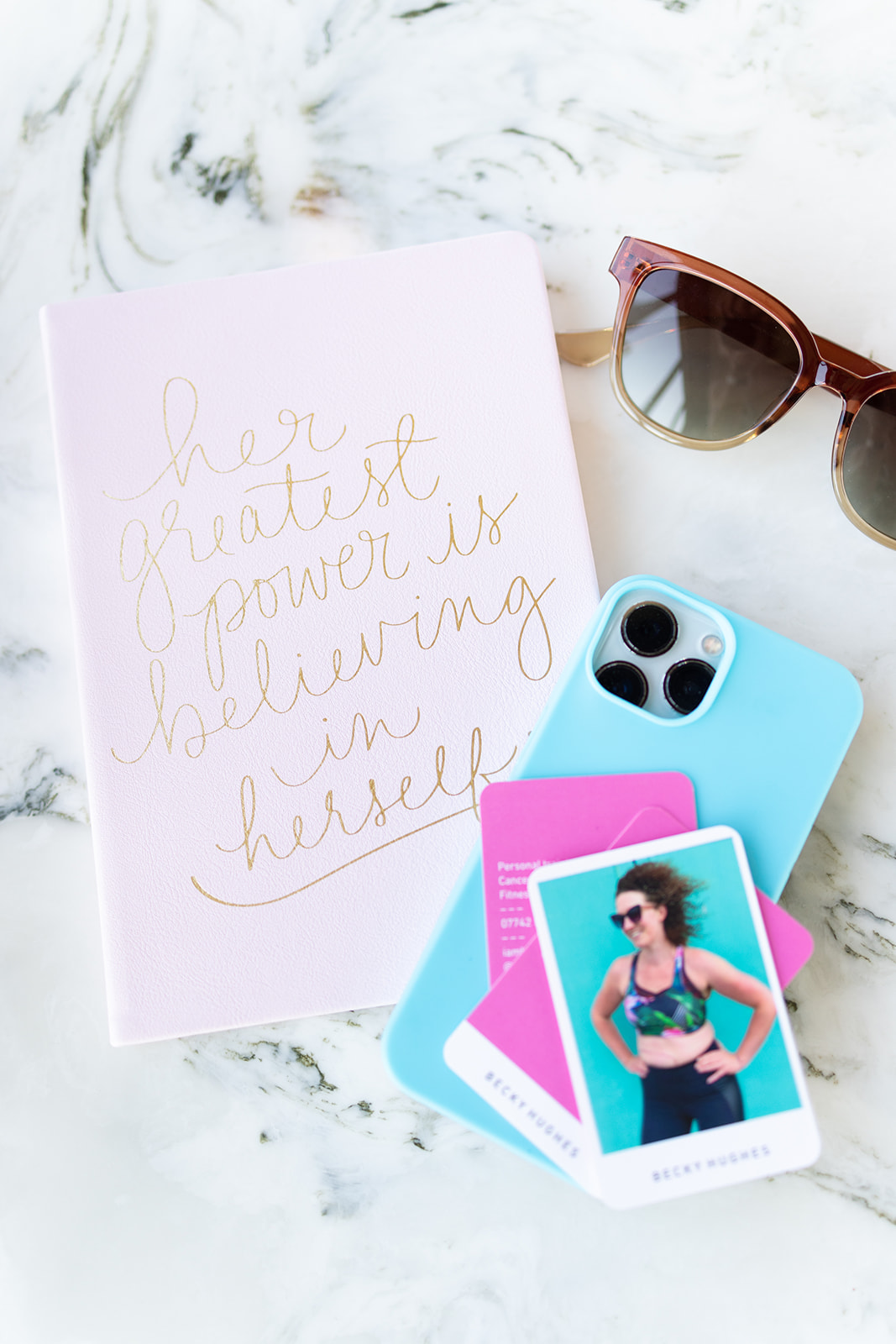Horsham-based female personal trainer, Becky, keeps a keen eye on the fitness industry beyond the gym floor. Recently, she met PhD researcher, Phoebe, and supported her in recruiting participants for her current study. Today, Phoebe has kindly contributed a guest blog to share more about her work…
Hello! I am Phoebe, a PhD researcher in Psychology. After completing a BSc in Psychology and MSc in Sport and Exercise Psychology, I decided to go down the rather scary research route and apply for a PhD. Having spent several years both during and between my degrees working as a personal trainer, I was super excited to be able to combine my interests and start a research project at the University of Sussex exploring body image in the personal training setting.
Research suggests that, among other things like social media, important others in women’s lives can influence the way we think and feel about our bodies. Having worked as a personal trainer for a number of years, I knew that though the PT-client relationship is a professional one, it can also become a friendly relationship too. Existing research suggests clients often perceive therapeutic qualities from their relationship with their PT, so I think in many cases a PT could be seen as an “important other” in a client’s life, particularly in the context of their body (whether that be its health, functionality or appearance). The closeness of this relationship alongside the focus of the session (or programme of exercise more broadly) being primarily about the client’s body, made me think that as personal trainers we really do have a responsibility to consider what impact we might be having on our client’s body image. This led me to want to find out more about what we can do to help support clients’ positive thoughts and feelings about their bodies, whilst also staying within the remit of our role as PTs. This would not only help us support our client’s mental wellbeing and experiences of exercise, but also help us support their long-term engagement with exercise. This is because research suggests when we focus more on exercising for appearance, we are generally much less likely to stick at it than if we focus more on health, function or enjoyment.
The research I did at the start of my PhD focused specifically on women clients’ experiences of their personal trainers. What I found initially was that client’s perceptions of their PT could potentially be contributing to their ability to focus more on what their body can do over what it looks like, which in turn was related to clients’ levels of appreciation for their body. In essence, it looked as though it was possible for PTs to influence how clients thought about their bodies (disclaimer: this research was correlational, so does not show direct causation, hence my choice of cautious language). Off the back of this, some very helpful women took part in my next study, a four diary-based week study, where they texted me their thoughts and feelings about their body after each of their PT sessions. This study provided me with some very in-depth insight into the potential language choices that PTs could make in order to help promote or maintain their client’s positive feelings towards their bodies.
Though this research was super interesting to do and had some really encouraging findings, I am still missing a piece of the puzzle: the PTs experiences! So, my next two studies, which I am currently recruiting for, help incorporate the perspectives of PTs into my overall research programme.
The first of these studies is a 15-minute online survey exploring PTs advice and body-related attitudes, so if you are a personal trainer and keen to take part in a relatively low effort way, please find the link to more information and the survey in full here
The second of these studies is a little bit more time consuming but perhaps a little bit more interesting to take part in (hopefully!) and involves me recording a PT session and then interviewing both the PT and the client about their experiences. To find out eligibility criteria and more information about this study please feel free to email me: [email protected].
If you would like to find out more about my research or have any more general questions for me, please feel free to email me on the above email address or follow my academic Instagram page.
References
Ingledew, D. K., & Markland, D. (2008). The role of motives in exercise participation. Psychology & Health, 23(7), 807–828. https://doi.org/10.1080/08870440701405704
Madeson, M. N., Hultquist, C. N., Church, A., & Fisher, L. A. (2010). A Phenomenological Investigation of Women’s Experiences With Personal Training. International Journal of Exercise Science, 3(3), 157–169.
Tiggemann, M. (2019). Relationships that cultivate positive body image through body acceptance. In Handbook of positive body image and embodiment: Constructs, protective factors, and interventions (pp. 214–222). Oxford University Press. https://doi.org/10.1093/med-psych/9780190841874.003.0021
